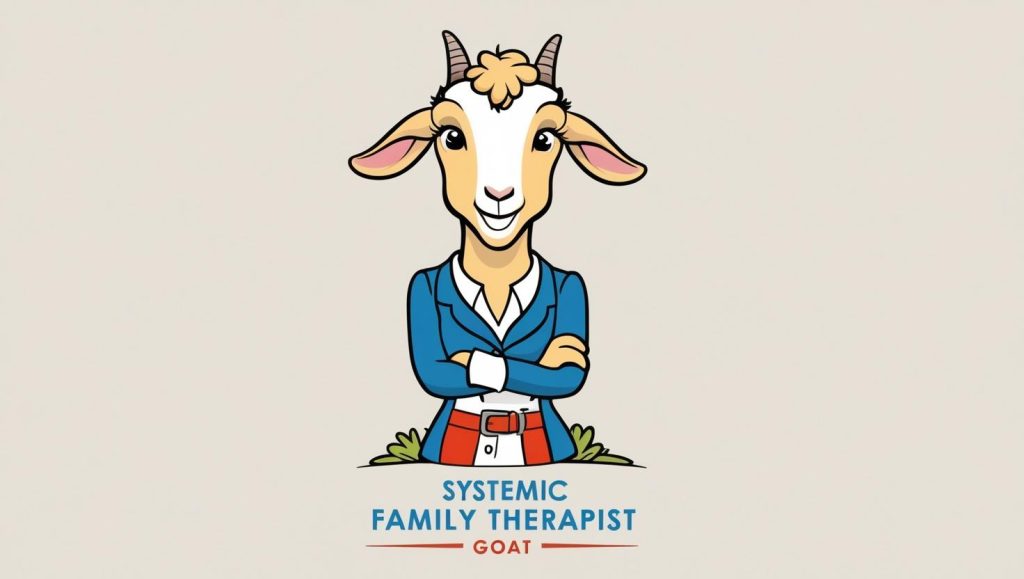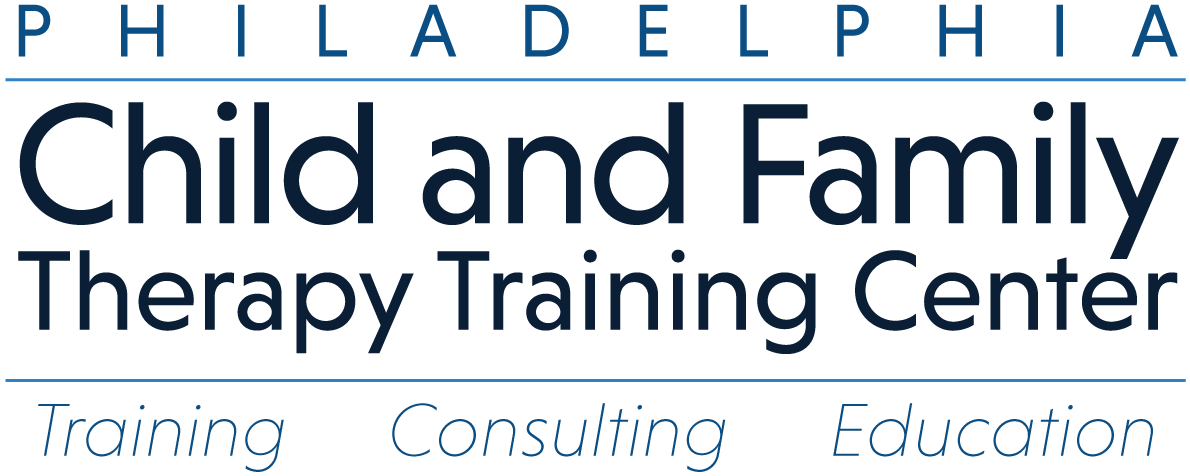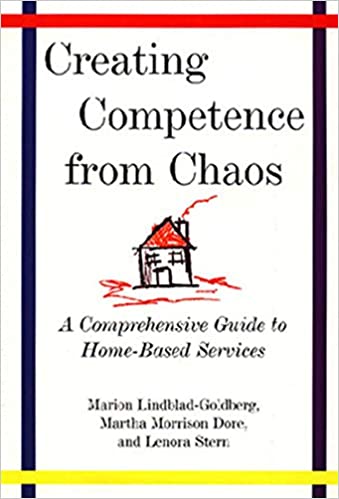
Therapists dedicate their lives to supporting others, but who supports them? The challenge of professional isolation is real, especially for systemic family therapists who often navigate complex family dynamics, crisis situations, and emotionally demanding cases. Without a strong professional network, therapists can experience burnout, self-doubt, and limited growth opportunities.
For many clinicians, private practice or agency work can feel isolating—especially when faced with difficult cases that require outside perspectives, additional resources, or simply the reassurance that they are not alone in their challenges. Without a solid peer network, therapists may find themselves second-guessing their interventions or struggling to find new client referrals. This not only impacts their personal well-being but also the quality of care they can provide to families.
Building a Professional Network: A Key to Growth
One of the best ways to combat professional isolation is by intentionally cultivating relationships with colleagues in the field. These connections do more than just provide emotional support—they also serve as an ongoing learning resource, a space for case consultation, and a means of growing a therapist’s referral base.
Therapists who actively participate in professional communities gain:
- Access to Peer Supervision and Mentorship – No therapist should feel like they have to figure everything out alone. Having experienced colleagues to consult on complex cases helps ensure ethical, effective care for clients.
- More Referral Opportunities – Clients need different levels and types of care. Referring clients to colleagues who specialize in certain areas fosters trust within the professional community and ensures families receive the right support. Likewise, therapists who are well-connected are more likely to receive referrals for their own areas of expertise.
- Greater Recognition in the Field – Visibility within peer networks, training institutions, and professional associations increases a therapist’s credibility, professional opportunities, and overall impact on the field.
- A Stronger Sense of Belonging – Knowing that there is a community of like-minded professionals who understand the unique challenges of systemic therapy reduces stress, prevents burnout, and enhances job satisfaction.
Breaking Free from Isolation: Practical Steps
If you’re feeling disconnected, consider taking these steps:
- Join Professional Organizations – Engage with networks like AAMFT or the Philadelphia Child and Family Therapy Training Center to build relationships and stay informed.
- Attend Training and Supervision Groups – Learning alongside peers fosters growth and camaraderie while refining clinical skills.
- Offer and Accept Case Consultations – Consulting with peers on challenging cases creates a collaborative learning environment where everyone benefits.
- Engage in Online and In-Person Communities – Whether it’s a LinkedIn group, a therapy forum, or in-person meetups, these spaces provide connection and resource-sharing.
At PCFTTC, we believe systemic family therapy is not just about supporting clients—it’s about building a strong, interconnected professional community. The more connected we are as therapists, the more effective we can be for the families we serve.
Let’s move away from isolation and toward collaboration. Together, we can build a network that strengthens both our profession and the families we work with.



Leave a Reply